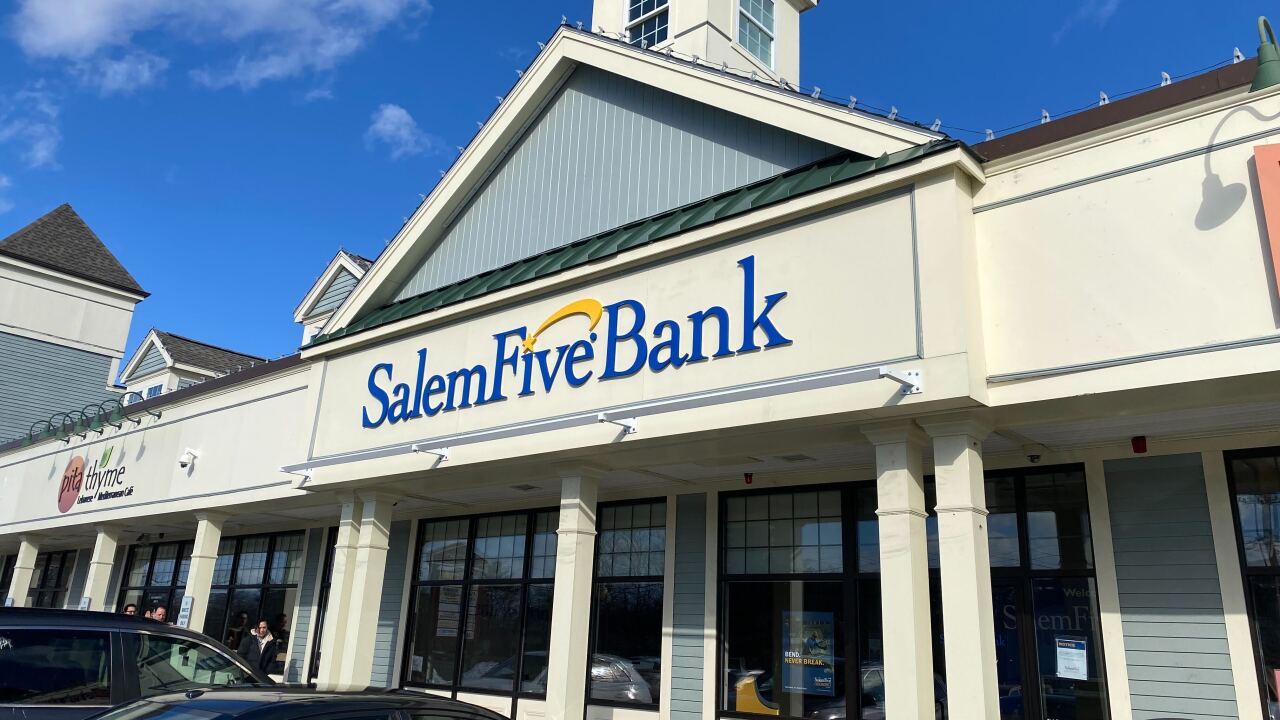
BBVA has embarked on a new strategy that aims to make digital banking distinct for each user, applying artificial intelligence to give consumers more control over structure and content.
AI will enable users to organize the app based on their habits. BBVA is using Apple Intelligence to power personalized card design, with the initial launch including Visa cards with iPhone 15 Pro and iPhone 16 phones.
The bank has integrated AI and Bizum — its transfer service — into the consumers' digital wallets to enable payments upon downloading the app.
BBVA has also updated its virtual assistant Blue, which will answer questions with natural language and will also feature an AI-powered financial coach. This coach will analyze the customer's financial situation and suggest steps, using income, expense, savings, loans and other financial relationships.
Banks are among the

JPMorgan adds machine learning to payment risk scores
The U.S. bank has released an account confidence score for corporate payments, which will enable clients to assess fraud risk before making a transaction.
JPMorganChase is using a database with 15 billion transaction records to vet age, recency, location, payment history, fraud frequency and third-party links. This will produce a score from zero to 1,000, with 1,000 being the "highest confidence" of a secure payment.
Along with the numerical score, users will get a red, amber or green status and potential actions in response. It will also produce tips on how to prevent email compromise, payroll and invoice fraud and account takeover.
JPMorgan has made several recent investments in its B2B payments operation, including a

CFPB reduces Wise penalty to fraction of former consent order
The Consumer Financial Protection Bureau amended a January consent order with money transmission fintech Wise last week, reducing the company's penalty to a quarter of what it once was.
The CFPB initially entered into a
The CFPB estimated that at least 16,000 consumers were overcharged. Wise was ordered to pay $450,000 to resolve claims and just over $2 million to the CFPB's victims relief fund.
Under the amended order, Wise has paid $450,000 for consumer redress and will pay a $44,955 civil money penalty. It's one of the

Spanish banks pilot real-time billing
One of the early tests of request-for-pay in Europe is coming from CaixaBank and BBVA, which are executing transactions in a closed-loop environment that includes groups of family and friends.
Iberpay, Spain's national payment rail, is processing the transactions, which adhere to the EU's standards for real-time payments.
RfP, also known as request-for-pay, uses instant processing systems to deliver invoices, which can be paid immediately or scheduled for a specific time. Real-time processing is more expensive than slower options, which makes
RfP is a way to mitigate overdraft risk or improve cash management for supply chain finance. In the U.S., more than

Banco Industrial embeds crypto remittances into mobile app
Banco Industrial, Guatemala's largest bank, has embedded crypto remittances into its mobile app Zigi.
The bank is working with SukuPay, an embedded blockchain infrastructure and cross-border payment fintech, to enable Banco Industrial customers to receive funds from the U.S. in less than 20 seconds for a 99-cent fee using a phone-number-based identity, according to SukuPay.
"This isn't a feature — it's a financial infrastructure upgrade," SukuPay CEO Yonathan Lapchik said in a statement. "By embedding SukuPay inside Zigi, Banco Industrial has become the first bank in Latin America to fully adopt stablecoin rails as a core remittance engine. We're not offering a crypto product. We're powering real-world payments that actually work for real people — banked or unbanked."
Guatemala received $19.98 billion in

Revolut to stand up new region HQ, apply for banking license in France
Revolut is looking to expand its presence in Europe with a new regional headquarters in Paris and a fresh banking license.
The Paris headquarters will complement its existing European base in Lithuania and serve as the hub for operations in Western Europe, according to the company.
Revolut also plans to apply for a French banking license through the Autorité de Contrôle Prudentiel et de Résolution. Revolut currently holds a banking license, with restrictions, in the United Kingdom and a banking license with European Central Bank and the Bank of Lithuania, which allows it to operate within the European Economic Area.
"This marks a pivotal moment for Revolut's European banking strategy," Sid Jajodia, Revolut's chief banking officer and U.S. CEO, said in a statement. "Establishing our Western Europe HQ in Paris and applying for a French banking license positions us closer to our largest and fastest-growing customer base. This move complements our existing bank in Lithuania, which remains a vital pillar supporting Revolut's continued pan-European expansion; as well as our global HQ in London." —Joey Pizzolato

UK government to implement new BNPL rules
The United Kingdom is planning to roll out new rules to regulate the burgeoning
"Buy now/pay later has transformed shopping for millions, but for too long has operated as a wild west — leaving consumers exposed," Emma Reynolds, economic secretary to the treasury, said in a statement. "These new rules will protect shoppers from debt traps and give the sector the certainty it needs to invest, grow, and create jobs through our Plan for Change."
The changes come amid reforms to the U.K's 50-year-old Consumer Credit Act, a law that regulates consumer credit agreements. —Joey Pizzolato

Sweden's Riksbank pushes cash protection
The central bank was responding to a 2024 query from the country's bank regulator for input on potential rules to protect cash. It was also weighing in on a need for resilience in the event of an adverse security or digital event.
"People should always be able to pay for food, healthcare and medicines both digitally and with cash. The increasingly turbulent global situation, increased cyber attacks and also the major
In the U.S., several states have passed laws that require businesses to accept cash, which has led




